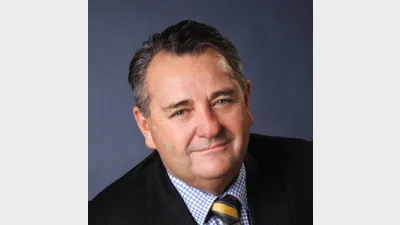Education standards shaped by large institutions



Most of the policy recommendations and industry input around advice education standards came from large institutions and industry associations, and their personal interests were clearly visible in the recommendations, a financial services firm executive said.
Connect Financial Service Brokers (Connect) chief executive, Paul Tynan, said that debate around advice education was a long time coming, but he argued for an inquiry that allowed all stakeholders to voice their opinion.
He further stated that the big four banks, AMP, IOOF, and industry funds (‘seven pillars of advice') have not been good for the financial services industry.
Tynan also said when individuals from these seven pillars retired or left, they became "enlightened", and "discovered vertical integration is an issue, advice/ products causes conflict, a focus on KPI's/ targets is not in the best interest of clients and there is a difference between banking and wealth management".
He also stressed that education standards had little to do with past advice scandals.
While he agreed that the industry needed a base level of education standards, he urged regulators and government to accept that mature age advisers were unlikely to go back to school to attain a degree.
Instead, he suggested a new licensing regime where older advisers could move into a relationship adviser role and still receive brokage from their client register as they transitioned into retirement.
He also said the industry needed to bridge the gap between technical and soft skills advice, noting the industry had lamented about there being no alignment between job skills and education.
Recommended for you
The top five licensees are demonstrating a “strong recovery” from losses in the first half of the year, and the gap is narrowing between their respective adviser numbers.
With many advisers preparing to retire or sell up, business advisory firm Business Health believes advisers need to take a proactive approach to informing their clients of succession plans.
Retirement commentators have flagged that almost a third of Australians over 50 are unprepared for the longevity of retirement and are falling behind APAC peers in their preparations and advice engagement.
As private markets continue to garner investor interest, Netwealth’s series of private market reports have revealed how much advisers and wealth managers are allocating, as well as a growing attraction to evergreen funds.












